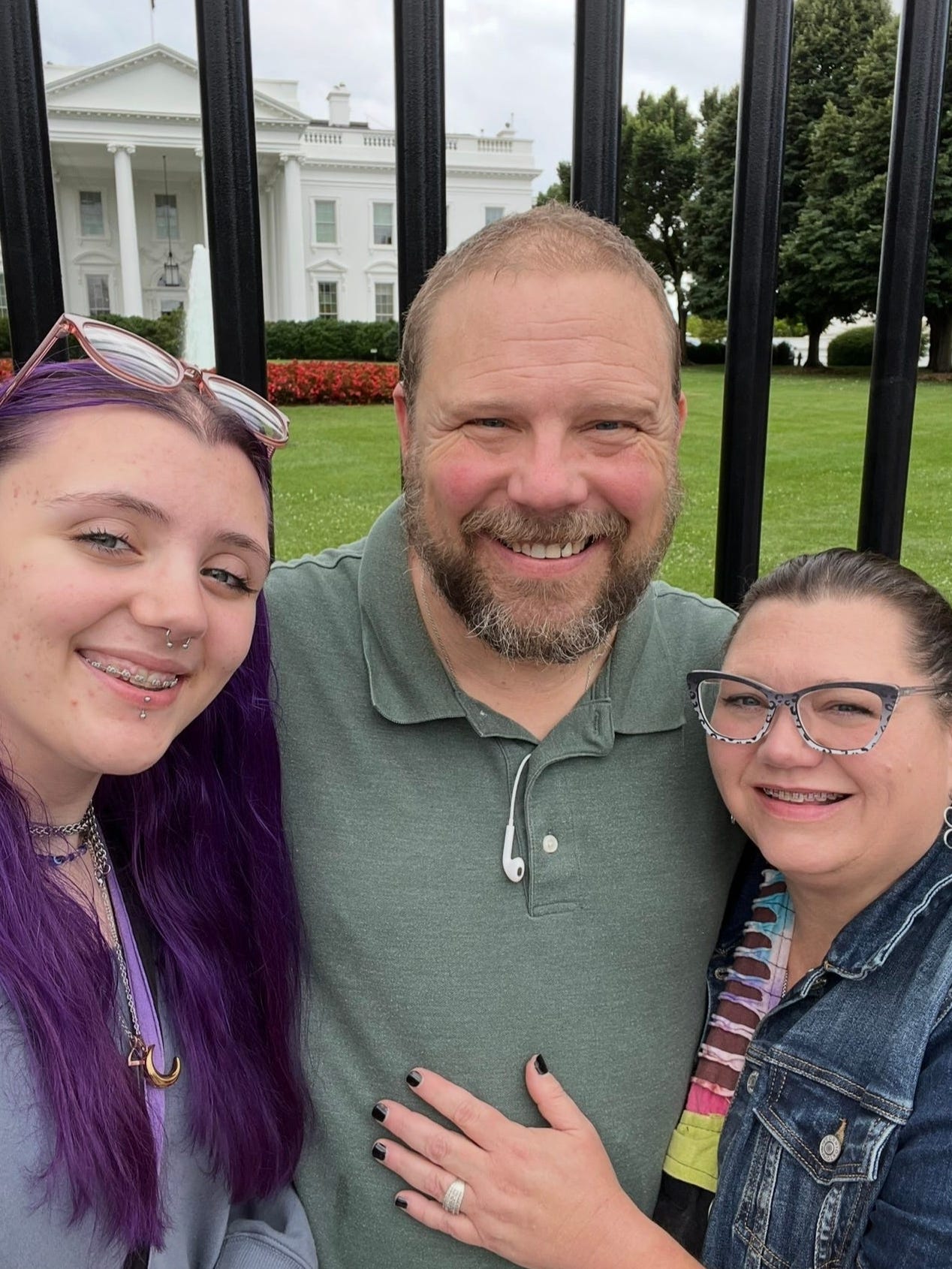The Hidden Cost of Tariffs: How Families, Including Mine in Georgia, Are Struggling to Keep Up
From grocery lines to therapy sessions, families across Georgia are feeling the weight of political choices — and our children are paying the price.
I live in Georgia — a state with deep roots in hard work, small government, and family values. You can’t drive far without seeing signs of political pride, reminders of how much people care about their communities. I grew up with those values, too. I still believe in hard work. But…





